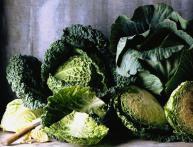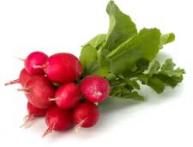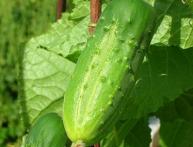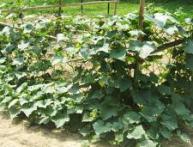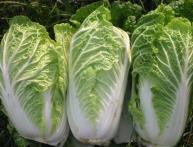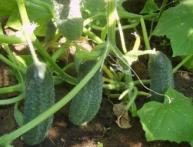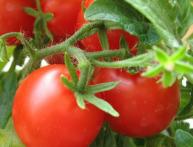Jerusalem artichoke seeds for growing vegetables in garden plots

Not everyone is familiar with the unusual taste and appearance of tominambur, because few people decide to purchase it ready-made, let alone plant it in their own plots. But those that know about the benefits of earthen pear, as Jerusalem artichoke is also called, will not refuse to reproduce this healthy and tasty vegetable. Jerusalem artichoke seeds and tubers are available to every amateur gardener, and this crop is not at all whimsical in cultivation.
What are the benefits of Jerusalem artichoke?? Firstly, this vegetable contains the substance inulin, which helps lower blood sugar. Nowadays this question is very relevant. In addition, the fruits of the earthen pear contain vitamins C, PP, B, amino acids, as well as microelements such as magnesium, manganese, iron, potassium, calcium, zinc, phosphorus.
Just enough disembark Jerusalem artichoke seeds into the soil in spring to a depth of 7-8 cm. Caring for the plant involves removing weeds and periodically loosening the soil. When the plants reach a height of 40-50 cm, they are hilled. Hilling is especially necessary for those varieties whose tubers are located close to the soil surface.
In general Jerusalem artichoke care very similar to caring for potatoes, and the crops are very similar in appearance, and even in chemical composition. But Jerusalem artichoke is a frost-resistant vegetable, so its fruits are harvested both in late autumn and early spring.Well, the stems of Jerusalem artichoke are suitable for feeding farm animals in the form of silage, for which they are collected in September-October.
Try to grow Jerusalem artichoke and its taste, as well as dishes prepared with its participation, will frighten your taste buds forever.

